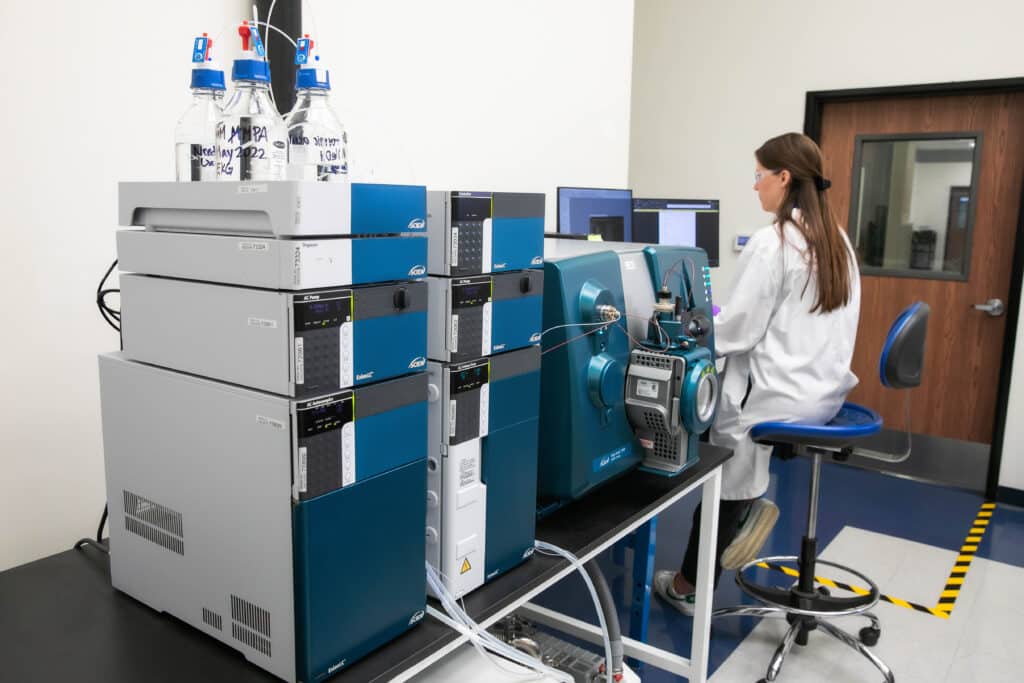
In the world of analytical chemistry, Liquid Chromatography-Mass Spectrometry (LC-MS) and Gas Chromatography-Mass Spectrometry (GC-MS) have become indispensable tools for researchers and scientists. These sophisticated techniques empower us to unravel complex chemical compositions, identify unknown compounds, and ensure the safety and quality of various products. However, the accuracy and reliability of the results generated by LC-MS and GC-MS analyses hinge greatly on two crucial factors: quality control and calibration.
1. Ensuring Accuracy and Precision
Quality control (QC) is the cornerstone of any analytical method. It involves a series of checks and procedures designed to ensure that the instruments are functioning correctly and providing accurate results. Regular QC checks guarantee the precision of measurements and help identify any deviations or inconsistencies in the analysis.
Calibration, on the other hand, involves setting up a relationship between the instrument’s response and the concentration of the target compounds. Through calibration, scientists establish a standardized framework against which sample measurements can be compared. Accurate calibration is vital for quantifying the concentration of substances within a sample accurately.
2. Detecting and Correcting Errors
Errors can occur at various stages of an analysis, from sample preparation to data interpretation. QC and calibration procedures act as effective error-detection mechanisms. By routinely running QC samples, scientists can identify anomalies in instrument performance or sample processing. This early detection allows for swift corrective actions, ensuring that the subsequent analyses are not compromised.

3. Ensuring Reproducibility
Reproducibility is a hallmark of scientific research. Reliable QC and calibration protocols facilitate the replication of experiments and analyses. When scientists across different labs follow standardized QC and calibration procedures, it becomes possible to compare results and draw meaningful conclusions from studies conducted at different times and locations.
4. Meeting Regulatory Requirements
In many industries, adherence to regulatory standards is mandatory. Whether in pharmaceuticals, environmental analysis, or food safety testing, quality control and calibration procedures are essential for meeting these stringent requirements. Reliable and accurate data not only ensures compliance but also builds trust in the results reported by research organizations and industries.
5. Enhancing Research Credibility
Scientific discoveries and innovations often rely on the accuracy of analytical data. By investing in robust QC and calibration processes, researchers enhance the credibility of their findings. Accurate and precise data obtained through meticulous quality control measures bolster the validity of research outcomes, leading to more impactful contributions to the scientific community.
The importance of quality control and calibration in LC-MS/GC-MS analysis cannot be overstated. These practices form the bedrock of reliable, precise, and credible scientific research. By prioritizing these procedures, scientists and researchers pave the way for groundbreaking discoveries, ensuring the integrity of their work and the advancement of knowledge in their respective fields.
To learn more about the differences between QC and Calibrators download our latest guide here.
